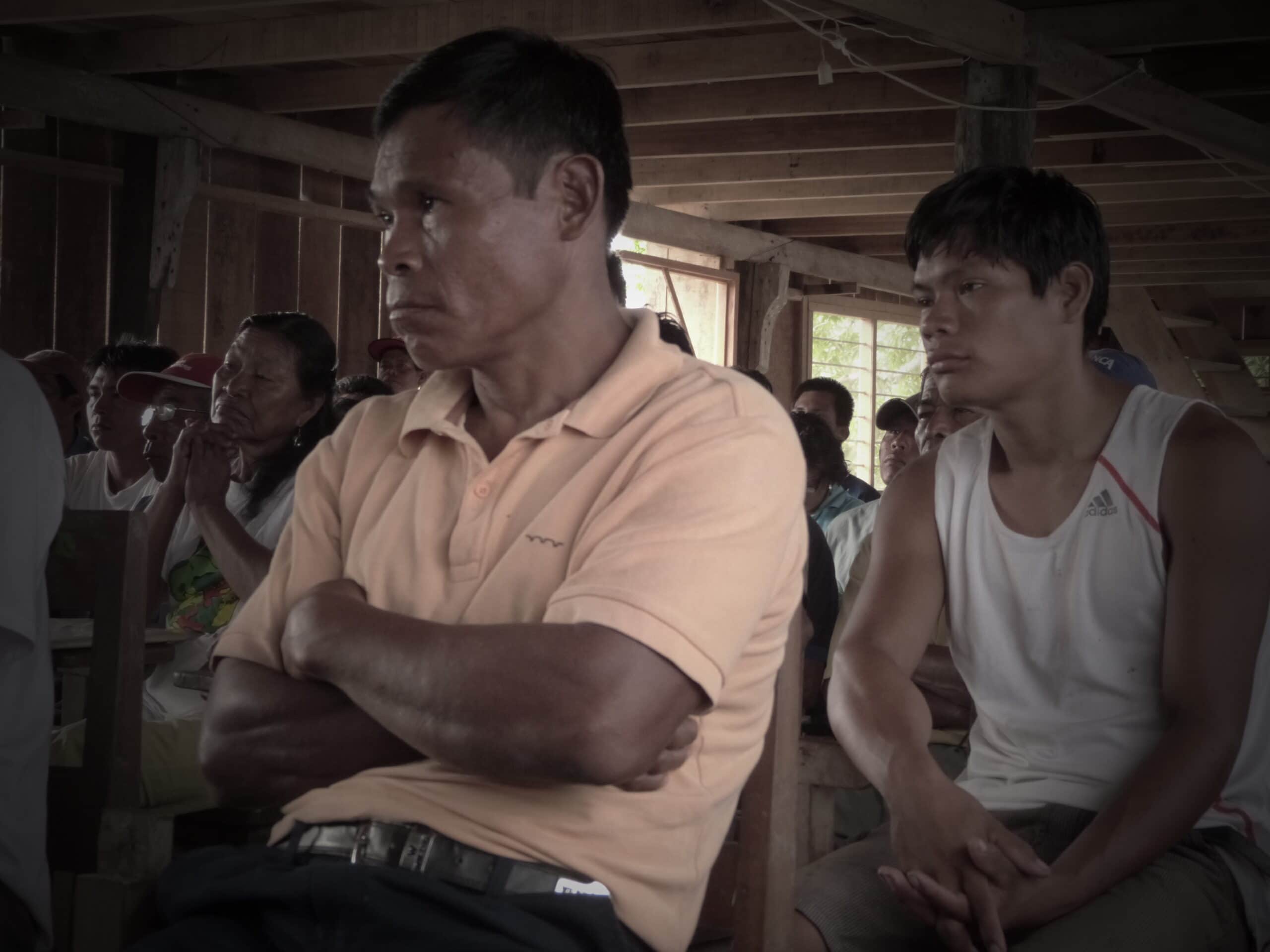Lima, July 29, 2020. – On July 6, the Inter-American Development Bank (IDB) presented the second draft of its safeguards policy. From the analysis carried out by Derecho, Ambiente y Recursos Naturales (DAR), the Coordinator of Indigenous Organizations of the Amazon Basin (COICA) and the Interethnic Association of the Peruvian Jungle (Aidesep) it’s been identified that several of the criticisms raised have not yet been resolved in the first consultation process. «Despite presenting certain modifications to the previous proposal, these are not substantial and do not adequately incorporate the observations made by civil society and indigenous organizations,» said Aída Gamboa, coordinator of the DAR’s Amazon program.
The analysis places special emphasis on the risks and impacts on the collective rights of indigenous peoples, peoples in isolation and initial contact (Piaci), Afro-descendants and other groups in situations of vulnerability.
IDB AND HUMAN RIGHTS
The second draft does not have clear content on its human rights commitments. The IDB still maintains inadequate treatment and is not in accordance with international standards on the rights of indigenous peoples. It does not expressly establish the right to grant or not the free, prior and informed consent; nor does it adjust its regulation to the most protective criteria on the determination of indigenous peoples.
In addition, the IDB persists in its attempt to describe what it understands by indigenous peoples, ignoring the international standards established in Article 1 of Convention 169 of the International Labor Organization (ILO). Furthermore, it continues to insist on optional clauses towards borrowers that do not guarantee the principle of “no contact” and the intangibility of the territories of indigenous peoples in isolation and initial contact (Piaci).
AMBIGUITY AND ENVIRONMENTAL GOVERNANCE
The IDB’s second draft of safeguards still uses ambiguous language, mainly in environmental monitoring and enforcement mechanisms. This is worrying, since it does not allow imposing measures that establish clear sanctions. The new text also fails to take into account our recommendation to provide the Independent Consultation and Investigation Mechanism (MICI) with adequate tools to impose sanctioning measures and to remedy any damage that may occur.
On the other hand, it is still pending for the IDB to propose specific actions on transparency, anti-corruption and access to information mechanisms with inclusive and intercultural approaches, which, in addition, must include anti-corruption clauses, as well as mechanisms to prevent and sanction such acts.
SAFEGUARDS AND COVID-19
The safeguards that the IDB has incorporated in the event of pandemics are related to labor issues, and to the evaluation and management of environmental risks and impacts, and it has done so without establishing specific treatment by COVID-19.
In both the first and second draft, this treatment is only mentioned, in the case of indigenous peoples, for endemic diseases and indicates the obligation of the borrower to avoid or minimize the possible exposure of the community to these diseases or to treat the possibilities for improvement. It is necessary to include treatment with an intercultural, gender and human rights approach that responds effectively to the differentiated impacts suffered by these peoples in a pandemic situation such as COVID-19.
AND THE PROCESS CONTINUES
Since the second half of last December, the IDB has begun a process of updating the Environmental and Social Policy Framework (MPAS) for projects or public policies that it finances in favor of the governments of Latin America and the Caribbean. A process that takes place in a context of change in his presidency, which has caused disagreement in the region. Therefore, the new presidency itself has the responsibility to demonstrate its concrete commitment to human rights. With only 30 days to collect recommendations in the framework of the second consultation phase, which ends on August 5, 2020, we call on the IDB to bet on sustainable financing.
Our region requires a real commitment from the IDB in the field of human rights and in the fight against corruption. For this, the IDB must resolve the inconsistencies within the MPAS: establish clear obligations and sanctions, and not allow the financing of projects that do not meet these standards. This is of vital importance, given the presence of the IDB in many Latin American states, who in the context of post-pandemic economic revival are beginning to glimpse the relaxation of rules in investments.


